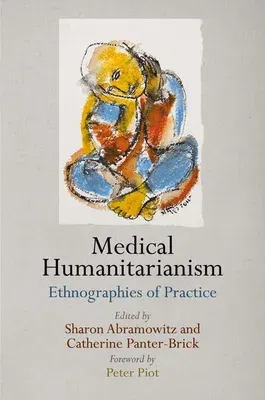Medical humanitarianism--medical and other health-related initiatives
undertaken in conditions born of conflict, neglect, or disaster --has a
prominent and growing presence in international development, global
health, and human security interventions. Medical Humanitarianism:
Ethnographies of Practice features twelve essays that fold back the
curtains on the individual experiences, institutional practices, and
cultural forces that shape humanitarian practice.
Contributors offer vivid and often dramatic insights into the
experiences of local humanitarian workers in the Afghan-Pakistan border
areas, national doctors coping with influxes of foreign humanitarian
volunteers in Haiti, military doctors working for the British Army in
Iraq and Afghanistan, and human rights-oriented volunteers within the
Israeli medical bureaucracy. They analyze our contested understanding of
lethal violence in Darfur, food crises responses in Niger, humanitarian
knowledge in Ugandan IDP camps, and humanitarian departures in Liberia.
They depict the local dynamics of healthcare delivery work to alleviate
human suffering in Somali areas of Ethiopia, the emergency metaphors of
global health campaigns from Ghana to war-torn Sudan, the fraught
negotiations of humanitarians with strong state institutions in
Indonesia, and the ambiguous character of research ethics espoused by
missions in Sierra Leone. In providing well-grounded case studies,
Medical Humanitarianism will engage both scholars and practitioners
working at the interface of humanitarian medicine, global health
interventions, and the social sciences. They challenge the reader to
reach a more critical and compassionate understanding of humanitarian
assistance.
Contributors: Sharon Abramowitz, Tim Allen, Ilil Benjamin, Lauren
Carruth, Mary Jo DelVecchio-Good, Alex de Waal, Byron J. Good, Stuart
Gordon, Jesse Hession Grayman, Jean-Hervé Jézéquel, Peter Locke, Amy
Moran-Thomas, Patricia Omidian, Catherine Panter-Brick, Peter Piot,
Peter Redfield, Laura Wagner.

